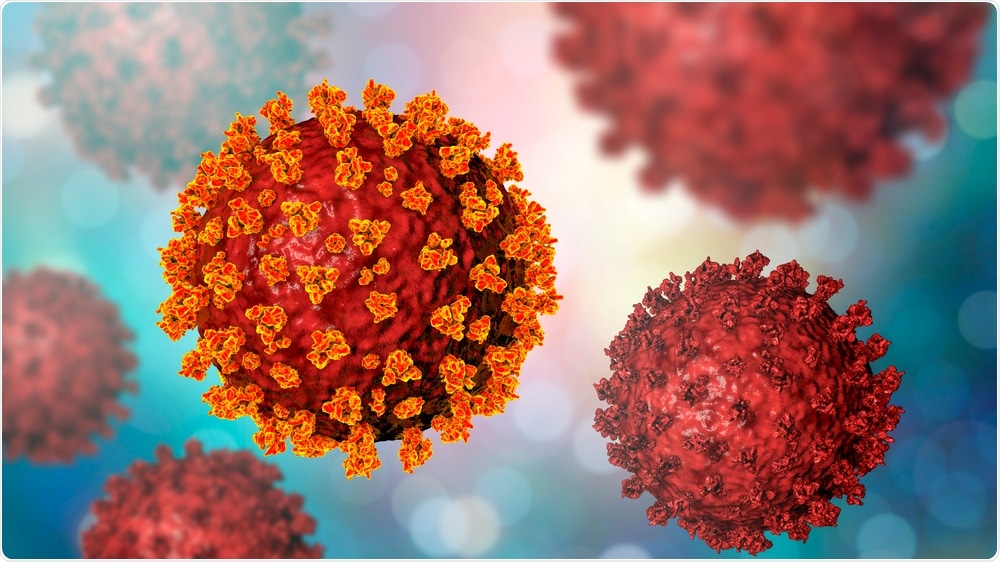While most people dying from COVID-19 are elderly, up to 5 to 10 percent of younger adults and children can also be seriously infected by the SARS-CoV-2 virus.

Image Credit: Kateryna Kon/Shutterstock.com
Researchers from all over the world have tried to determine why some people become very ill and others are barely affected with COVID-19.
Researchers from the University of Bergen and their French colleagues are getting closer to an answer.
We found that persons with serious COVID-19 disease have antibodies that are blocking so-called interferons, which are an important part of the body´s defence mechanism,"
Professor Eystein Husebye, University of Bergen
Enable possible treatment
Husebye was involved in this study because he has had long experience with patients suffering from the immune disease APS1. APS1 is a serious, but rare, immune disease. Patients with APS1 have a high concentration of antibodies against interferones.
If these patients then become infected with COVID-19, their bodies will work against their own immune systems. In addition, this response has also been seen in patients with milder immune diseases.
"It is relatively easy to see if young people with COVID-19 have these antibodies in their blood. If so, it might be possible to supply them with extra interferons as treatment," Husebye says.
May explain gender differences
The UiB-discoveries support other mysterious findings relating to COVID-19.
"Deaths and severe COVID-19 are more frequent among men than women. Our study has shown that men have more of these antibodies," Husebye says.
Even if it is easy to use blood tests to discover antibodies against interferons, Husebye does not recommend massive screening in healthy people. Most people with APS1 are diagnosed in their childhood, and most people with immune failure have been diagnosed already.
Immune failure is just a piece in the puzzle when it comes to understand why young people may die of COVID-19. Old people generally die of more complex causes,"
Eystein Husebye